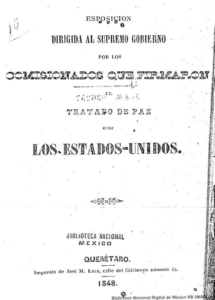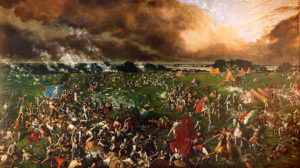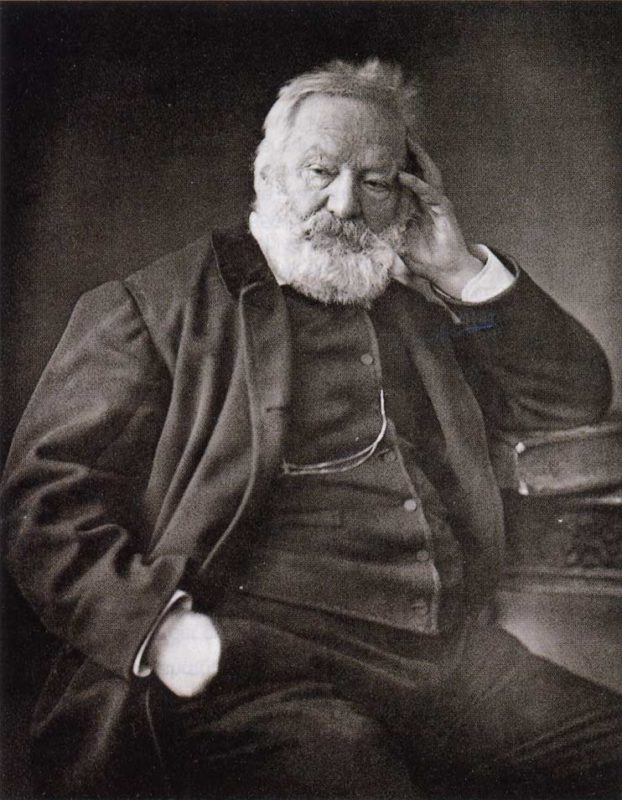
The First Lost Cause: Transnational Memory
The study of Civil War Memory has grown exponentially over the past decade. While Civil War history in general has taken a small transnational turn, memory studies continues to lag behind in that regard. Michael J. Turner’s 2012 work served as an early attempt for its exploration of the image ...
Read More
Read More

Insurrections, Indigenous Power, & The Empire for Slavery in the Southwest
The realities of Indigenous power, marronage, and Mexico’s emancipation policies haunted Anglo-American visions of a white supremacist imperial order in the trans-Mississippi West. On May 25, 1836 Congressman John Quincy Adams rose from his desk in the U.S. House of Representatives to excoriate Anglo-Texans’ “war of aggression, of conquest, and ...
Read More
Read More

Author Interview: William S. Kiser
Our author interview for the June 2019 issue is with William S. Kiser, author of “‘We Must Have Chihuahua and Sonora’: Civil War Diplomacy in the U.S.-Mexico Borderlands.” He is an assistant professor of history at Texas A&M University-San Antonio, where he teaches courses in U.S. history and the American ...
Read More
Read More
Editor’s Note: June 2019 Issue
Today we share a preview of our June 2019 issue, reprinting here the editor's note by Judy Giesberg. To access these articles, you can purchase a copy of the issue or subscribe to the journal. It will also be available (in June) on Project Muse. Readers of this issue will ...
Read More
Read More

A Bird’s Eye View of the Civil War: The Virtues of a Transnational Perspective
Teaching the Civil War takes juggling some very broad, diverse, complex processes in the histories of slavery and freedom, of nationalism, citizenship and state building, of Indian Nations and the West, of modern warfare, of economic transformation of the economy, and of the ways in which people thought about life, ...
Read More
Read More
